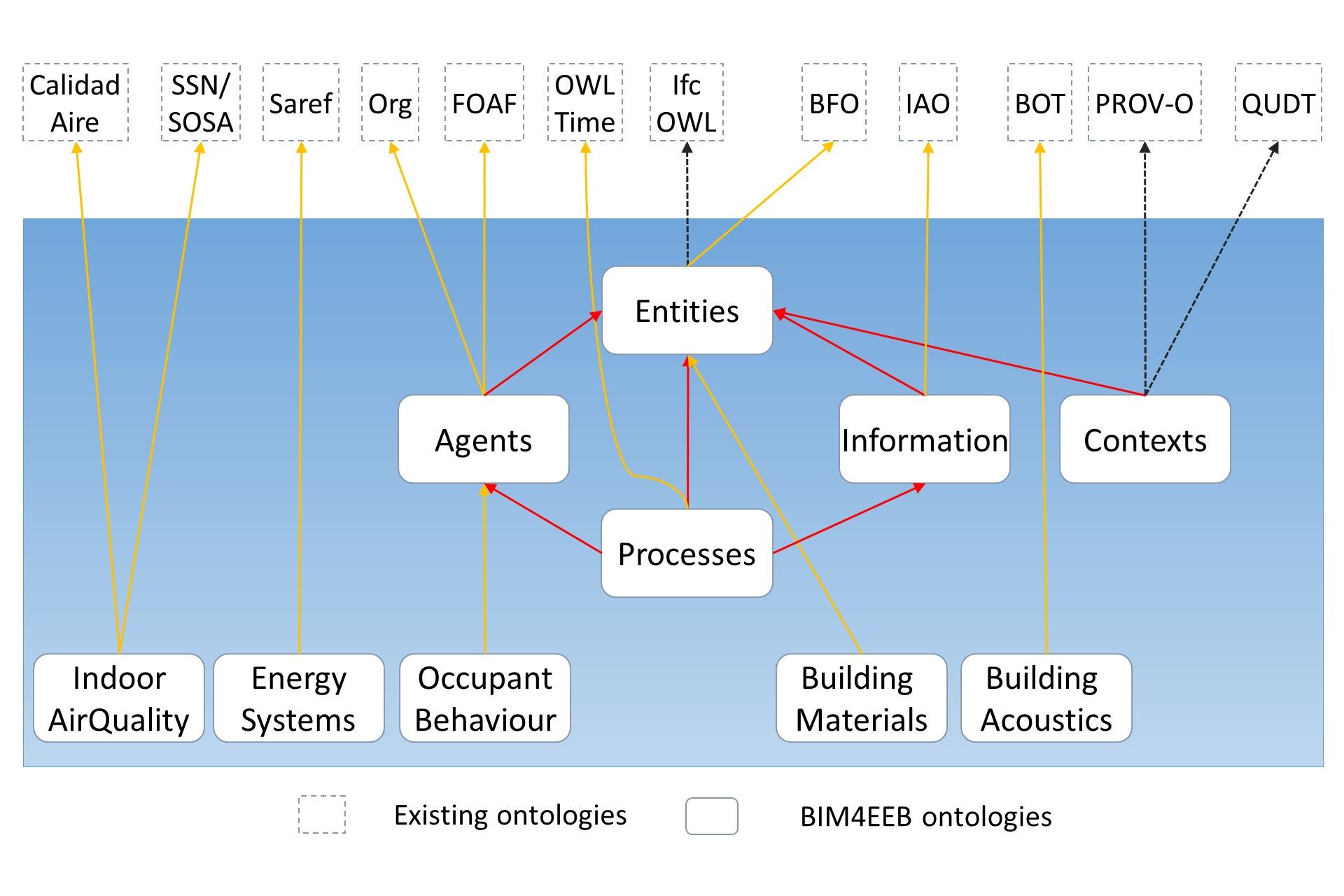Prof. Karsten Menzel is work package leader in our BIM4EEB project. He studied civil engineering (1986 - 1991) and subsequently completed his doctorate (1994) and habilitation (2003) at Technische Univerität Dresden, Germany. He holds several teaching and research positions at the Technical Universities in Dresden and Braunschweig (1991-2005), at Carnegie Mellon University Pittsburgh, USA (1997 - 2005) and at University College Cork in Ireland (2006 - 2018). Additionally, Prof. Menzel was the founding director of an award-winning, English-language master program accredited in 26 countries (2006 to 2018).
Research activities led by Professor Menzel involved renowned industrial partners such as HOCHTIEF (D), Bilfinger Berger (D), Volkswagen (D), INTEL (IRL), United Technologies (IRL), Bentley Systems (USA), ARUP (UK, IRL) and others. He was the Lead Principal Investigator of a Strategic Research Cluster of the Science Foundation Ireland (2007 to 2013) and the European Union (2011 to 2015). Furthermore, he contributed as PI to numerous European and national research projects (since 1997).
The Institute for Construction Informatics at TU Dresden is led by Professor Menzel. The major research areas of the institute focus on digital design and construction in AEC/FM1, digital operation of built artefacts, information and knowledge management in AEC/FM, data analytics in AEC/FM, and robotics for construction and operation of built artefacts. Ongoing research projects research projects of the institute are, amongst others: BIM4EEB, An open, digital teaching and learning platform to support project centered, cooperation using BIM.
Topics covered in BIM4EEB project: the group focuses on the analysis, alignment and harmonization of existing Product-Process Ontologies. The starting point of the work was an analysis of existing Product-Process Ontologies. The technical concepts, the completeness, consistency, robustness and reliability were used as evaluation criteria during the analysis process.
For the alignment and harmonization different axioms (e.g. subclass, equivalent) were proposed.
Another goal was the reduction of the complexity and expressivity of existing ontologies. To achieve this, work focused on the development of a new set of modular Product-Process Ontologies covering areas such as workflow management, material information enhancement, occupants’ behavior, building physics, energy systems.
Additionally, our team focused on the development of a measurement and verification protocol. Compared to previous developments it covers a broad spectrum of Key Performance Indicators, such as: Economic KPI, Renovation Process KPI, Energy KPI, Comfort KPI, Social KPI, and Environmental/Safety KPI. These KPI will be used in BIM4EEB to analyze the objectives of proposed and executed building renovation measures.
Results of the ontology development are presented under a dedicated website called “Digital Construction Hub” (https://digitalconstruction.github.io/which is managed and maintained by another consortiums partner VisuaLynk (Finland).
The Measurement and Verification Protocol is documented in Deliverable D3.5. of the project The full version is accessible through the project’s web page
 BIM4EEB
BIM4EEB